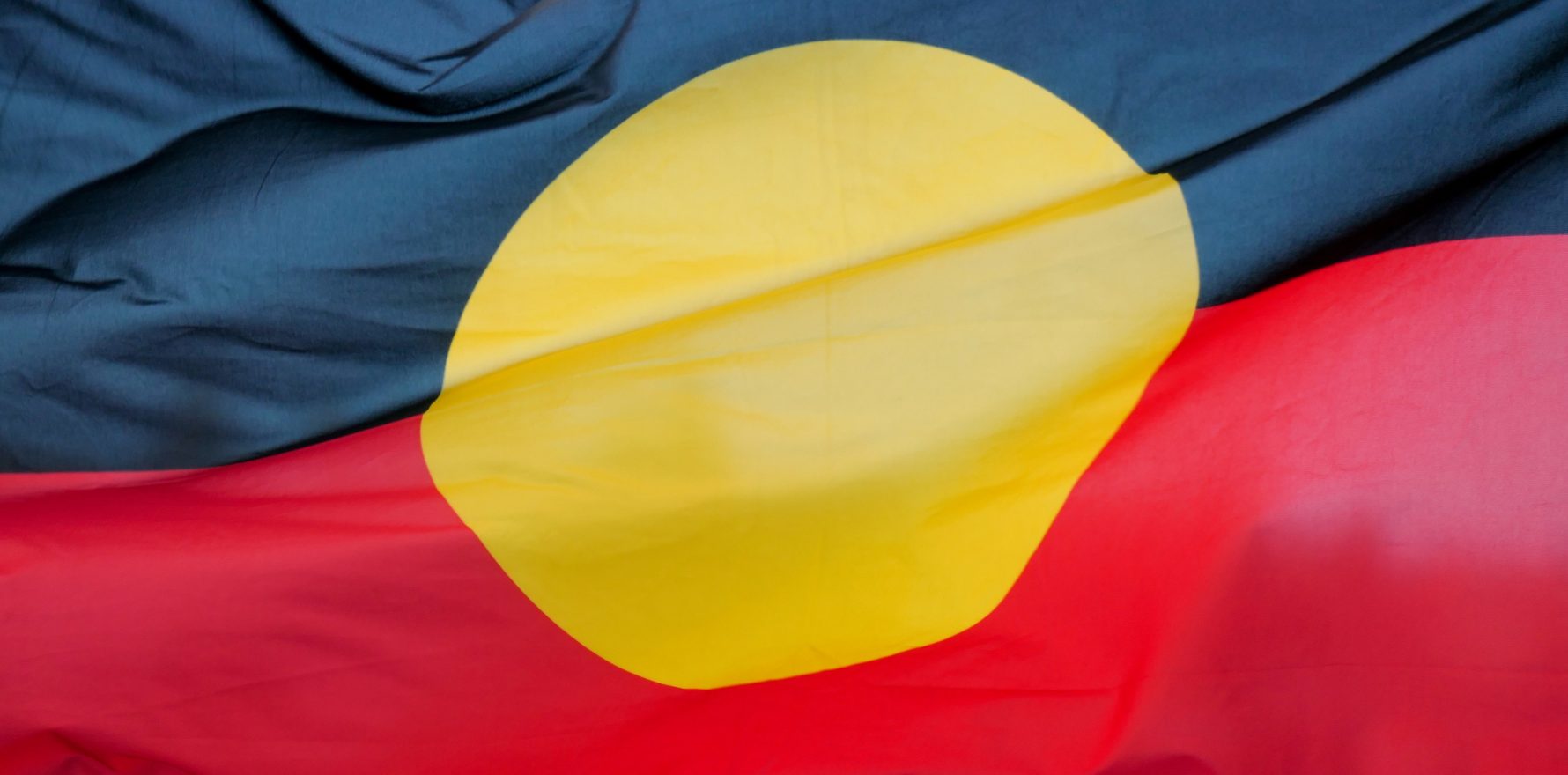The Voice is lost but those healthcare professionals who pledged support must continue to travel alongside First Nations peoples.
I had reason this week to be speaking with an intensive care unit director in a remote hospital where most of the ICU’s patients are First Nations peoples.
I asked him how the community was feeling after Saturday night’s referendum result. He took a long slow breath before replying.
“There’s an overwhelming sadness and disbelief among my colleagues and I,” he finally said.
“As far as we’re concerned [the concept of the Voice] was a no-brainer.”
He admitted that for himself and his non-Indigenous colleagues, a Yes result would have “hardly changed” their lives.
“But for our patients it was immeasurably important. It would have given them a sense of having at least a little control over something.
“I have a huge sense of disbelief that my fellow Australians can’t be generous enough to give this tiny nugget that would have made a difference.”
There’s a reason why major healthcare organisations and leaders threw their support behind the Yes campaign. The RACGP and the other Colleges, the AMA, the Public Health Association of Australia, research institutes across the country, journals, universities, Indigenous organisations, mental health organisations, and over 120 others – the full list is here – recognised that health benefits would be a direct result of a Yes win.
“We confidently believe that the proposed Voice will enhance government decision making about matters that affect Aboriginal and Torres Strait Islander peoples, ultimately improving health outcomes,” the open letter read.
“As health professionals, we witness firsthand the disparity in health outcomes between non-Indigenous Australians and Aboriginal and Torres Strait Islander peoples. Despite the best efforts of successive governments at all levels, Aboriginal and Torres Strait Islander peoples continue to have an average life expectancy gap of 8.2 years compared to other Australians.
“The Voice is an opportunity for us to make a practical difference, to ensure the gap between Aboriginal and Torres Strait Islander peoples and non-Indigenous Australians does not continue to widen.”
Well, that’s an opportunity lost, isn’t it? And who knows for how long. One Indigenous friend of mine, a doctor in her 60s, said that she doubted a meaningful closing of the health gap would now be possible in her lifetime.
For this week, at least, First Nations leaders are holding their silence about what can only be described as a betrayal, mourning the loss of hope and trust.
What comes after that is up to them, with the support of non-Indigenous allies who voted Yes – some six to seven million of us – and governments around the country. Some states are considering their own Voice bodies. There is talk of truth-telling, reconciliation and treaty, in time.
Whatever happens next, one has to hope that doctors and medical peak bodies around the country will hold to that pledge of support and do whatever it takes to facilitate First Nations agency and control in how the country moves forward.
It is, after all, the least we can do.
Do you have a story tip for us, or a topic you would like to see us cover? Contact the editor at editor@healthservicesdaily.com.au.

